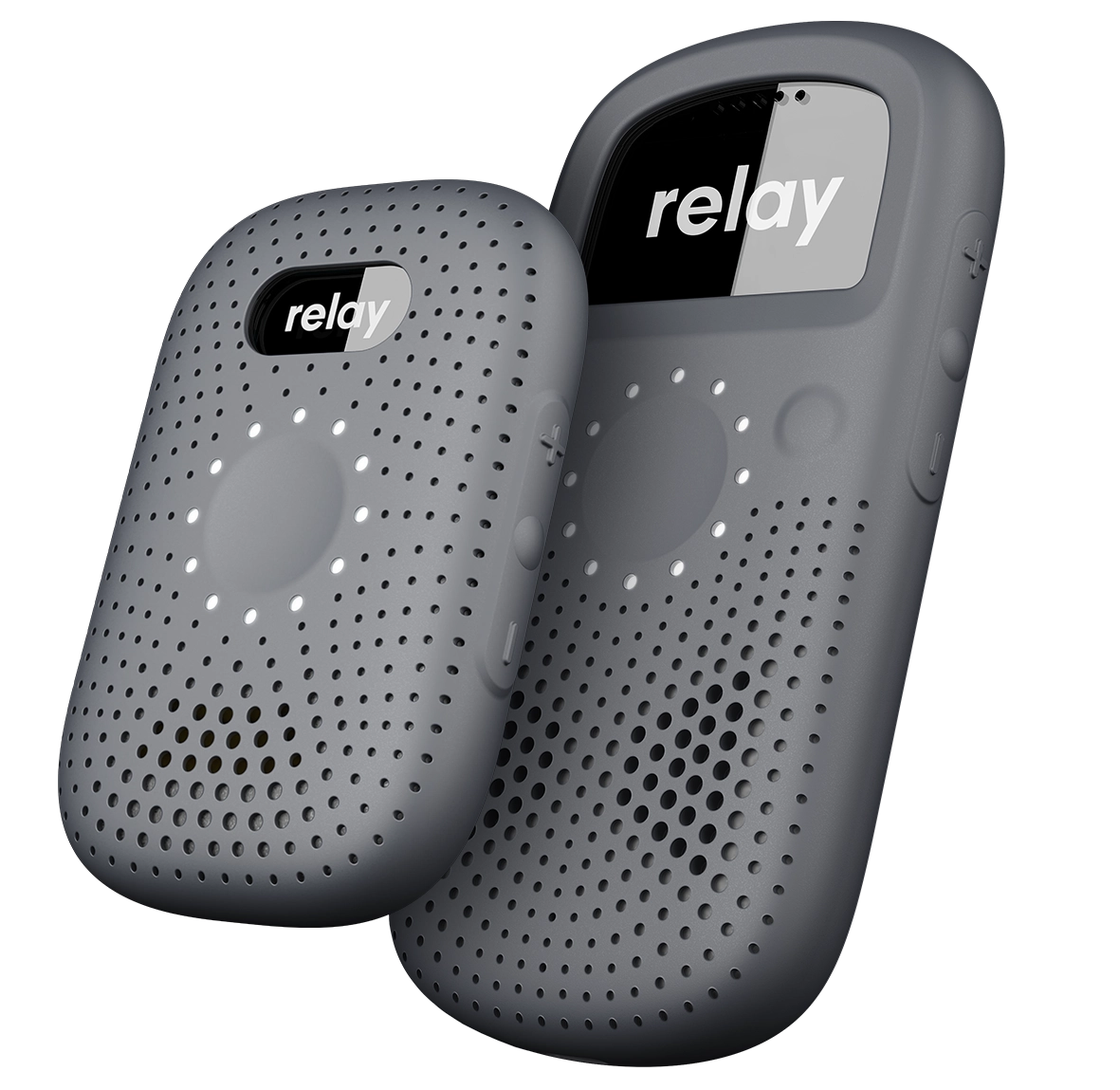With school doors shut for the summer, family vacations are in full swing. For hotels, summer is one of the busiest times of the year. A recent survey by NerdWallet found that nearly half of Americans (45%) plan to take a trip that requires a flight or hotel stay this summer.
Summer is often a make-or-break time since there’s a great influx of customers, and everyone is looking for the best experience possible. Recent stats show that nearly one-third of tourism nights in 2023 were spent in July and August. Hotels that consistently meet demands and create a seamless experience for guests often see the most success.
Early and strategic planning is paramount for hotels aiming to seize the summer demand. This proactive approach helps you outshine your competitors and paves the way for a memorable guest experience. Let’s delve into some key considerations for your summer strategy.
- Look at patterns from last year and the year before
When developing your demand strategy, the first step is to look at the past. This might seem counterproductive, but analyzing data from the last year or two can provide significant insights. You can gain a deeper understanding of your guests’ behaviors by identifying patterns such as peaks and lows, bookings, cancellations, and other metrics across the summer weeks.
This knowledge empowers you to plan staffing and resources for potential peaks, know when to dial up marketing to bring the low points up and stay prepared. While there are always shifts across the years depending on seasons and events, you can still forecast to an extent.
- Upgrade your tech
Summer is a high-demand time, and upgrading your technology in advance is a strategic move that benefits both your staff and guests. Before the summer rush starts, invest in better communication and automation technology. Not only will doing so enable staff to work faster during busy periods, but it will also give them time to get used to the tools before the rush starts. Moreover, communication and automation tools empower your staff to collaborate, communicate, and solve problems faster, which is a significant advantage during high-demand times.
As part of upgrading tech, you should also consider the guest experience and what might be improved. You may want to enhance other amenities, such as boosting Wi-Fi, adding new facilities or services, or providing more entertainment options in rooms to ensure guests have everything they need.
- Get any maintenance out of the way
As part of your summer strategy, you must prioritize any maintenance needs. Think about the weather ahead and whether your property can handle it. Preparing for the weather ahead and getting any repairs or upgrades done before the rush starts will put you in a less stressful position down the line.
Many hotels use downtime and the low season to slowly upgrade cooling appliances and any structural repairs needed to keep rooms and the hotels in the best shape possible. A summer planning checklist may help with maintenance. It should include checking appliances such as air conditioners, fridges, fans, and anything else guests may need for warmer days. Water access should also be a top priority, including hot and cold water.
- Optimize staffing and training
Once you’ve outlined the functional aspects of your strategy, it’s crucial to shift focus to staff training. Leveraging the insights from your data, you can optimize your staffing strategy. For instance, you might require seasonal staff and need to hold increased training for long weekends or around seasonal events. This approach ensures your staff is well-equipped to manage the rush when it inevitably comes, thereby fostering a seamless guest experience.
You can always tee up extra staff, give them a rough idea of when you need them, and train beforehand. That way, they’ll be ready to come in when there is a big rush and pick up things immediately since they’ll have already gone through the necessary resources. You may also need to refresh staff training on any tools or tech they may need to use during high-demand times to ensure everyone feels comfortable and prepared.
When working with staff to prepare them for the summer months, you may also want to look at any past data you’ve collected to identify gaps and areas for improvement. Look at what guests have said about staff, their stay, and the overall experience. The feedback can be used as a guiding point to improve operations going forward and address concerns with staff ahead of time rather than during peak rush times.
- Revamp packages based on events
Another component of demand planning is researching what events will happen during the summer and creating attractive deals for potential customers. Usually, the summer rush is a mix of families off from school and tourists, but many often flock to different towns depending on events going on around that time.
Look at calendars and events like concerts and theater shows for your immediate and surrounding areas where you could offer guests a good deal. Consider offering packages for events such as weddings, bachelor and bachelorette parties. Often, people may choose to stay farther from events they are attending if they feel they are benefiting in some way, whether that’s a cheaper rate or some kind of additional offer that makes it worth the effort.
Revamping packages and rates based on local events is a strategic move that can entice people to choose your hotel over others. Offering various amenities, such as breakfast, dinner deals, or even free drinks on arrival, can give you a competitive edge.
You could also offer competitive group discounts or create package deals based on the length of the event. By examining what competitors are offering in terms of rates and deals, you can ensure that you are on par with them and whether what you are offering stands out in comparison to others. This strategic approach will make your hotel more competitive and appealing to potential guests.
Stay Ahead for Next Year
While summer is definitely a busy and often stressful time, it also has the potential to be one of the most lucrative times of the year. By creating the right strategy and planning, you can already go a long way in differentiating yourself from the rest. Incorporating tech into the experience will make it easier for staff to collaborate and work together quickly, even facing a big rush. However, training staff beforehand on different solutions makes them comfortable with the tech faster. You can learn more about how solutions like Relay streamline communication and make it easier for staff to stay connected to one another here.







